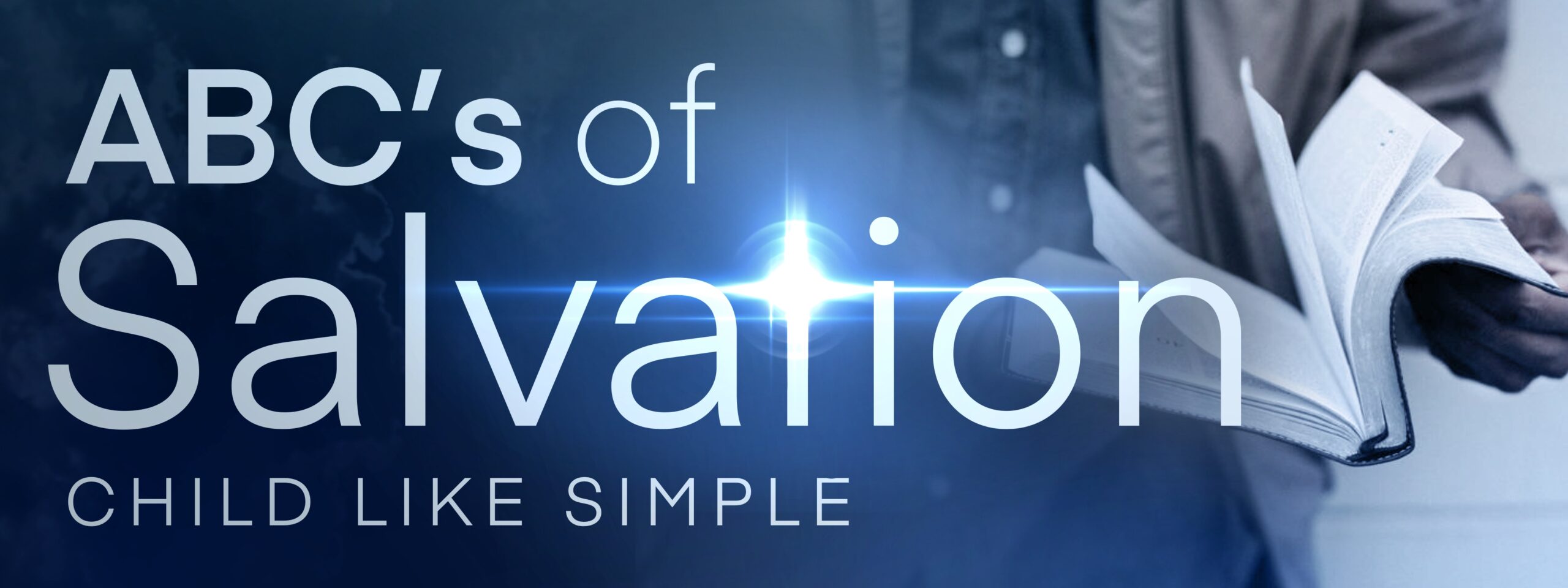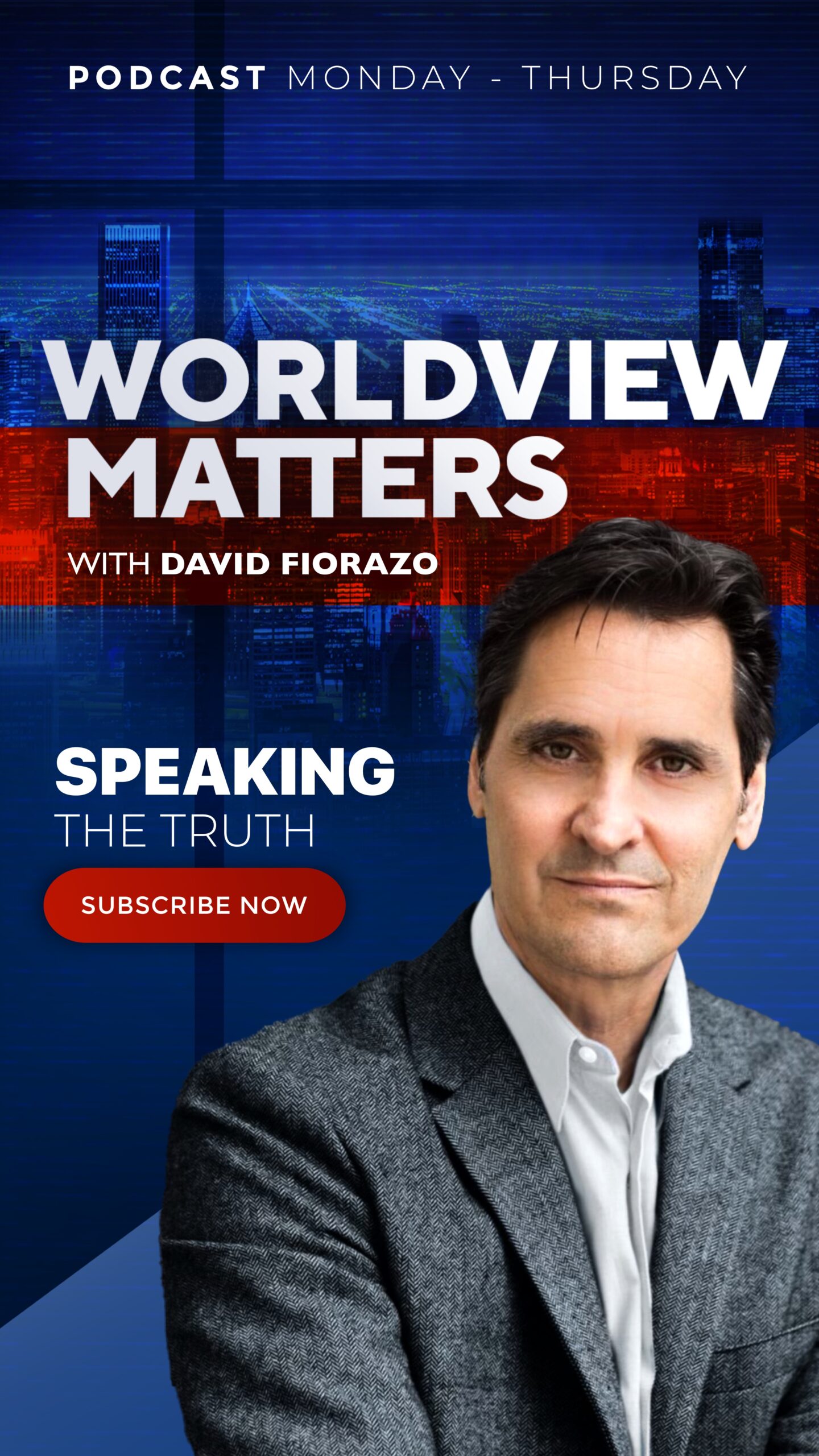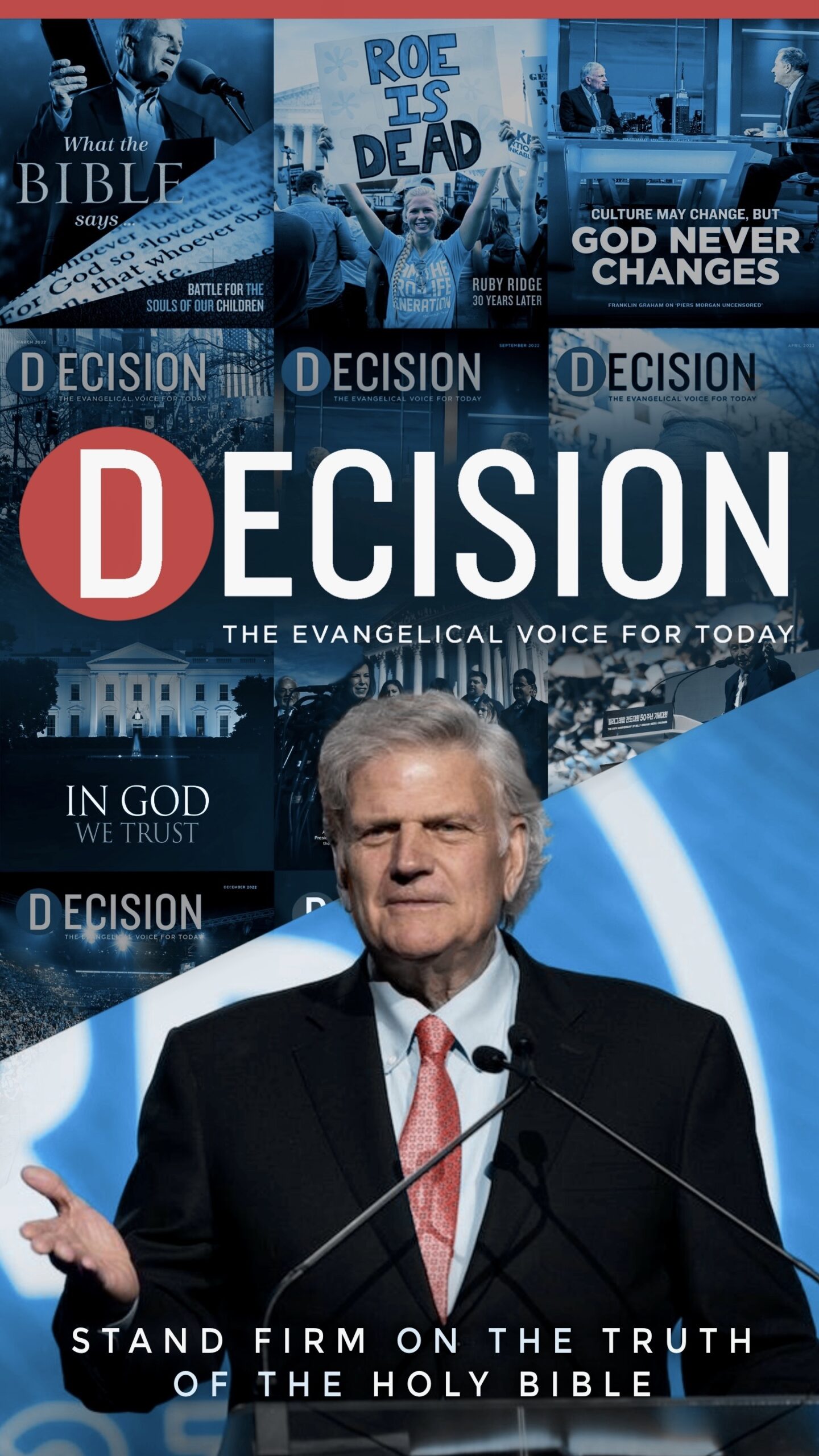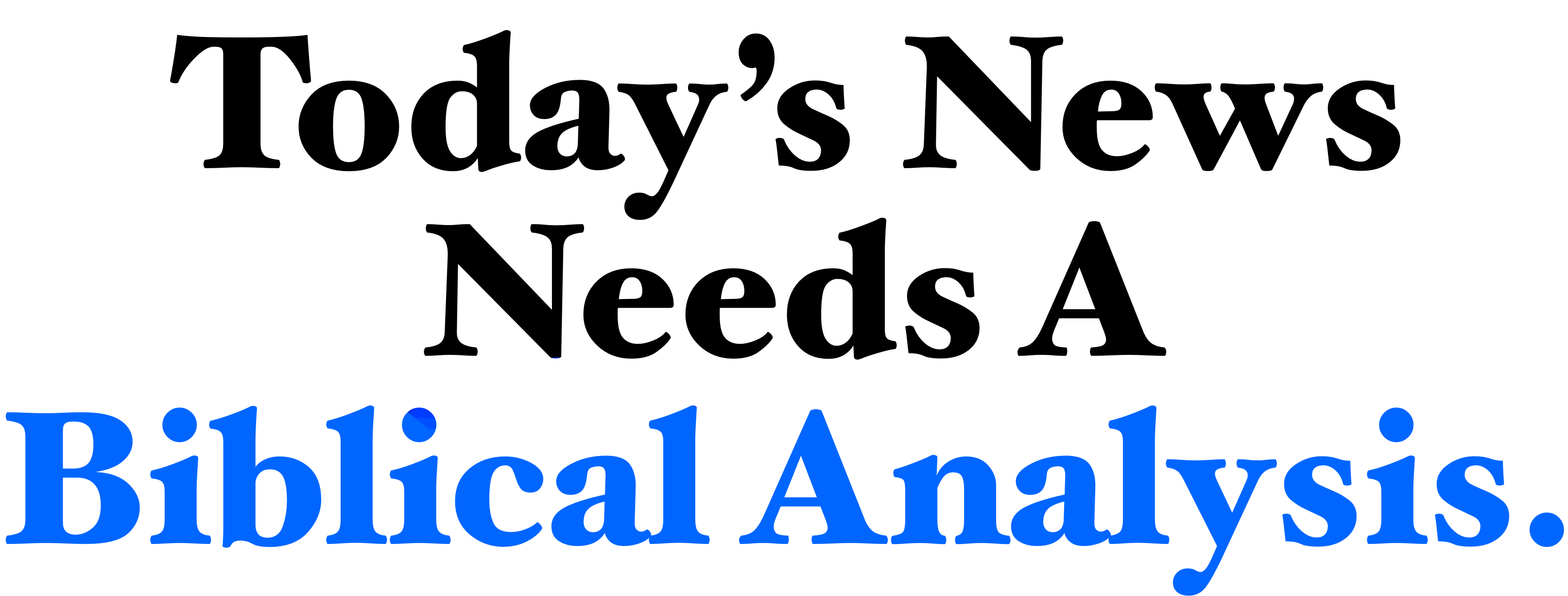Language is something that does inherently change over time. Just as new inventions are created, so are new words created by repurposing words (e.g., computers, that “compute” information), by combining words (e.g., social media, which combines the words “social” and “media”), or by creating completely new words (e.g., google). The definitions of words change as well, such as how replenish today means “to fill something again,” while in the 1600s it just meant “to fill something.”
The gradual changing of words and definitions is a normal part of language development, and if a language stops adapting and changing, it is considered a dead language, such as Latin. However, these adjustments should be made slowly and naturally over time and should not be rushed into. Traditionally, the task of slowing such rapid changes in language has fallen to dictionaries.
A dictionary is a compilation of definitions that is used to help people communicate with one another. Two of the earliest dictionaries by Samuel Johnson and Noah Webster were both intended as a means of consolidating the English language and providing its speakers with a unified, standard, and proper means of communicating with one another. Johnson and Webster’s goal was to prescribe language, providing a standard for how words should be used in proper English.
As Johnson famously argued in the preface to his dictionary, “tongues, like governments, have a natural tendency to degeneration; we have long preserved our constitution, let us make some struggles for our language.” Johnson’s argument about the dictionary’s role of prescribing proper English usage was followed by most dictionaries through the twentieth century, until the effects of postmodernism began to erode the truth found in clear definitions of words.
While it is difficult to point to a specific person or publishing house that implemented these changes, it is certainly true that the philosophy of postmodernism and its concept of relative truth drove dictionary editors to begin to describe rather than prescribe words in the English language, thus undermining the clear and distinct definitions of words.
Almost without warning, the clear definitions of words such as marriage and woman were gone, replaced by vague and often meaningless definitions. Also, since most dictionaries are now electronic, these definitions can be changed in an instant, which can turn dictionaries into weapons rather than providers of truth.
Perhaps the most shocking and dystopian-like example of an instantaneous definition change occurred in 2020 when Merriam-Webster changed the definition of “sexual preference” in real time to support the Democrats’ accusation that Supreme Court candidate Amy Coney Barrett had used an “offensive” term. Not every definition change has been this blatant, but this trend is concerning. Definitions of words do naturally change over time, and there is nothing inherently wrong with that. However, it is dangerous when words are rapidly changed in order to fit the narratives of radical agendas.
Over the last half century, many words have been quietly repurposed to fit various agendas. One of the most obvious examples is the word “gay,” which once referred to being cheerful and lighthearted but now almost exclusively refers to homosexuals. While some changes in definitions are minor, other changes are more drastic, and if we are not careful, we can misunderstand someone because we each have different definitions in mind for the words we are using. For example, while Marxists share our vocabulary, they do not necessarily share our dictionary. The significance of these changes in definitions can be a difficult point to argue because most linguists point to isolated instances of specific word changes, which appear simple and easy to adjust to. However, when these thousands and thousands of tiny changes are combined, it creates a language that is foreign and a mere shell of the English language that existed only a few decades ago. In this article, we will take a look at a sampling of definitions that have been eroded away and attempt to bring some clarity to the chaos that has been created.
Altered Definitions
Bigot
Traditional definition: “One who is unreasonably and blindly attached to a particular creed, church, or party: one who is intolerant of opinions which differ from his own” (Webster’s New Peerless Dictionary, 1954).
Today’s definition: “A person who is obstinately or intolerantly devoted to his or her own opinions and prejudices, especially: one who regards or treats the members of a group (such as a racial or ethnic group) with hatred and intolerance” (Merriam-Webster Dictionary Online, 2024).
Implications: Historically, the term bigot described individuals who blindly accepted (normally radical) religious ideas and did not listen to logical debate. However, that part of the definition has been stripped away, being replaced by someone who merely refuses to agree with or “tolerate” someone else. Rather than referring to someone who does not listen to reason, this definition has been broadened to include anyone who disagrees with your point of view. Consequently, a Christian who merely objects to supposed “gay marriage” can be accused of being a bigot. Furthermore, the definition has now been specifically tied to racism (“racial or ethnic group”), which also has changed in definition. (See Racism below.)
Church
Traditional definition: Comes from the Greek word ekklesia, which literally means “a calling out,” and has traditionally been interpreted as a “Christian community of members on earth or saints in heaven or both: assembly, church” (Strong’s Concordance, 1890).
Today’s definition: “A building for public and especially Christian worship” or “the clergy or officialdom of a religious body” (Merriam-Webster Dictionary Online, 2024).
Implications: Many Christians see church as something to go to instead of something that they are. Rather than actively being involved in righteous living and the great commission, these Christians outsource the responsibilities to their pastor, church staff, and missionaries, thus weakening Christianity.
God
Traditional definition: “The Supreme Deity, and self-existent Creator or Upholder of the Universe” (Webster’s New Standard Dictionary, 1911). The word defined here is capitalized; there is a second uncapitalized entry for god, which is “a supernatural being conceived of as possessing divine powers or attributes.”
Today’s definition: “The supreme or ultimate reality: such as the Being perfect in power, wisdom, and goodness who is worshipped (as in Judaism, Christianity, Islam, and Hinduism) as creator and ruler of the universe” (Merriam-Webster Dictionary Online, 2024). There is no second entry; both upper and lowercase God are combined.
Implications: People happily say they believe in “God,” but there is not really a distinction between the true God and whatever god these people have created for themselves. Traditionally, Western society has seen God as the God of the Bible; however, the term God now has every major religion’s god attached to it.
Homophobe/Homophobia
Traditional definition: First used in the 1960s, homophobe originally referred to individuals who were disliked and were afraid of homosexuals. Dr. George Weinberg, the psychiatrist who coined the term, specifically defined it as “the dread of being in close quarters with homosexuals.”
Today’s definition: “Harmful or unfair things a person does based on a fear or dislike of gay people or queer people” and “policies, behaviors, rules, etc. that result in a continued unfair advantage to straight people and unfair or harmful treatment of gay people or queer people” (Cambridge Dictionary Online, 2024).
Implications: Rather than just referring to people who are uncomfortable interacting with homosexuals, the term now can refer to anyone who does not agree with any part of the LGBTQI+ lifestyle. While every person should be treated with compassion, it is not our responsibility to fully support the choices made by someone else, especially when those choices conflict with God’s Word. The changing of this definition urges people to ignore their personal beliefs and Christian faith and instead accept immorality and sin.
Marriage
Traditional definition: “The condition of being a husband or wife, the relation between married persons” and “the ceremony or procedure by which two persons are made husband and wife” (Oxford English Dictionary, 1933).
Today’s definition: “A legal union between two persons that confers certain privileges and entails certain obligations of each person to the other, formerly restricted in the United States to a union between a woman and a man” (American Heritage Dictionary Online, 2024).
Implications: The word marriage has always referred to a union between a man and a woman. This makes “gay marriage” just as impossible as dry water or a cold flame. However, by changing the definition of marriage, leftists have helped normalize sinful behavior and further erode the importance of the biblical family unit in American culture.
Racism
Traditional definition: “Tendency to racial feelings; antagonism between different races of men” (Oxford English Dictionary, 1933).
Today’s definition: “A belief that race is the fundamental determinant of human traits and capacities and that racial differences produce an inherent superiority of a particular race,” and “the systemic oppression of a racial group to the social, economic, and political advantage of another, specifically White Supremacy” (Merriam-Webster Dictionary Online, 2024).
Implications The term racism, especially in America, has been hijacked to mainly refer to the supposed oppression of minorities by “white” people. By changing this definition, minorities cannot be considered racist, while people who simply support institutions that “supposedly” oppress minorities (e.g., the police) can be accused of racism. This stands in sharp contrast with the Bible’s teachings. As Christians, we know that racism is wrong because all of mankind is created in God’s image (Genesis 1:27) and is one in Christ, regardless of ethnicity, status, or sex (Galatians 3:28). However, the Bible also teaches that all of mankind is tempted with the same sins (1 Corinthians 10:13) and everyone has sinned (Romans 3:23). Thus, no racial group is immune from a specific type of sin.
Salvation
Traditional definition: “The saving of the soul; the deliverance from sin and its consequences, and admission to eternal bliss, wrought for man by the atonement of Christ.” This is the primary, although there is a secondary definition: “Preservation from destruction, ruin, loss, or calamity” (Oxford English Dictionary, 1933).
Today’s definition: “Preservation or deliverance from destruction, difficulty, or evil.” There is a secondary definition referring to religions, but this only vaguely defines it as “deliverance from the power or penalty of sin; redemption” (American Heritage Dictionary Online, 2024).
Implication: People no longer immediately think of Christ and the gospel when you mention salvation. Thus, if you are witnessing to someone and ask if he is saved, he may be thinking that you are talking about someone saving him from drowning or financially helping him so that he does not lose his home.
Truth
Traditional definition: “Agreement with reality; eternal principle of right, or law of order” (Webster’s New Standard Dictionary, 1911).
Today’s definition: “The body of real things, events, and facts” (Merriam-Webster Dictionary Online, 2024).
Implication: Rather than aligning with eternal principles that have been confirmed throughout history, truth now vaguely refers to what is real. From this removal of the eternal springs the idea that anyone can have his own “truth,” even if it might contradict another person’s “truth.” Thus, according to secular society, there is no longer considered to be one permanent truth.
Woman
Traditional definition: “An adult person of the female sex” (Webster’s New Standard Dictionary, 1911).
Today’s definition: “An adult female human being; an adult who lives and identifies as female though they may have been said to have a different sex at birth” (Cambridge Dictionary Online, 2024).
Implications: Throughout history, physiological differences clearly defined who was a man and who was a woman. Today, however, anyone can claim to be a woman. This broadening of the definition of woman belittles God’s creation (both men and women created in his image) and further works to undermine the traditional family unit.
NOTE: The above list of definitions is only a small sampling of definitions available from various dictionaries. I chose online dictionaries (especially Merriam-Webster) as my modern sources because these definitions are digital and can be adjusted on a whim, as was the case in Amy Coney Barrett’s Supreme Court hearing. Obviously, individuals you encounter may interpret these words differently from how these words are defined above. However, there is clearly an agenda that is undermining traditionally accepted definitions.
Conclusion
The Russian writer Aleksandr Solzhenitsyn, winner of the 1970 Nobel Prize in Literature, was deported from the U.S.S.R. because he refused to align himself with the Communist party’s thinking. Having witnessed the evils of Communism firsthand, Solzhenitsyn watched the rising Marxist mindset of the United States and the rest of the Western world with alarm.
On July 9, 1975, in a speech given to the AFL-CIO (a federation of trade unions) in New York City, he cautioned those listening that “we’re approaching a major turning point in world history, in the history of civilization. . . . It is a turning point at which settled concepts suddenly become hazy, lose their precise contours, at which our familiar and commonly used words lose their meaning, become empty shells.”
Less than 50 years later, Solzhenitsyn’s fears have been realized. Our society, including its language, is crumbling around us. The English language has been corrupted and changed to be a shadow of its former self. We must be on guard against this decay in language and work to make sure we are properly understanding the world (and words) around us.
Fortunately, though much of society—and even the language we use—is rapidly changing around us, we can take heart knowing that God and his Word will never change. In Matthew 5:18, Jesus assures his disciples that “until heaven and earth pass away, not an iota, not a dot, will pass from the Law.” He further confirms this in Matthew 24:35, declaring, “Heaven and earth will pass away, but my words will not pass away.”
Despite thousands of years of change and translations, God’s Word and the truth remain the same. The words written by Moses, David, and Paul are still with us today and will last for eternity. Our language is a tool given to us by God to share the good news of Jesus Christ to those around us. Language is a gift worth defending and preserving, to be kept fit for the Master’s use.












